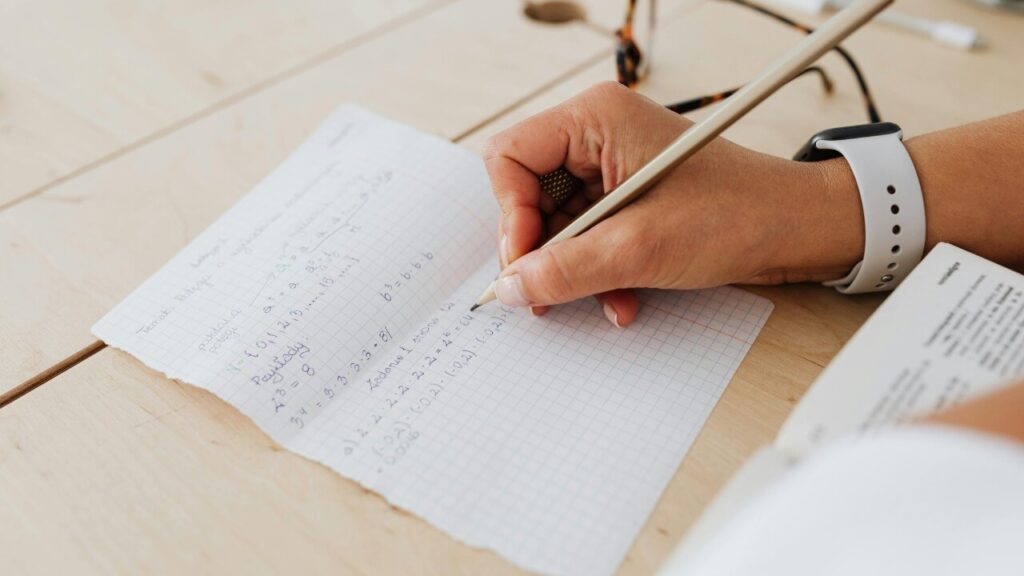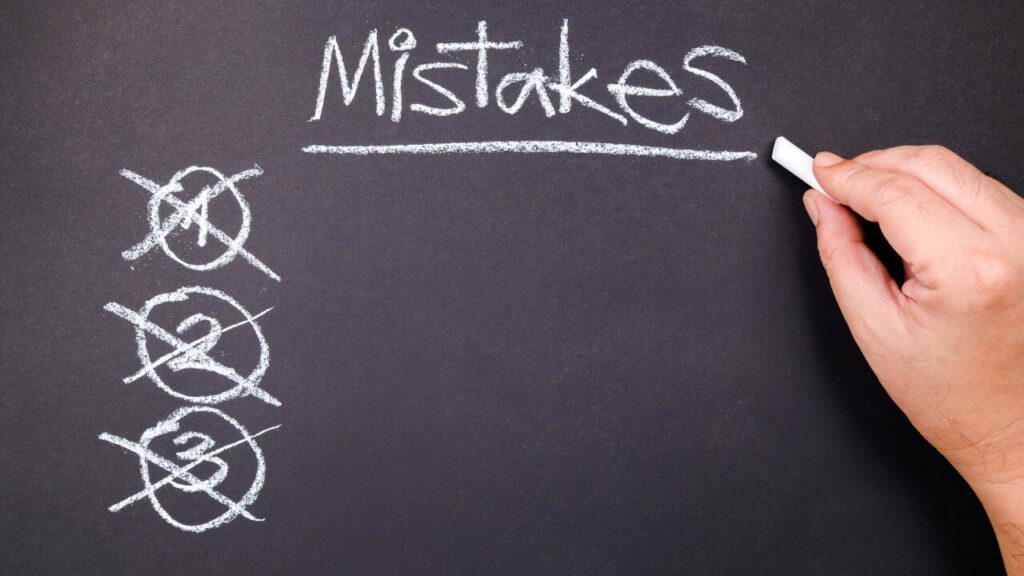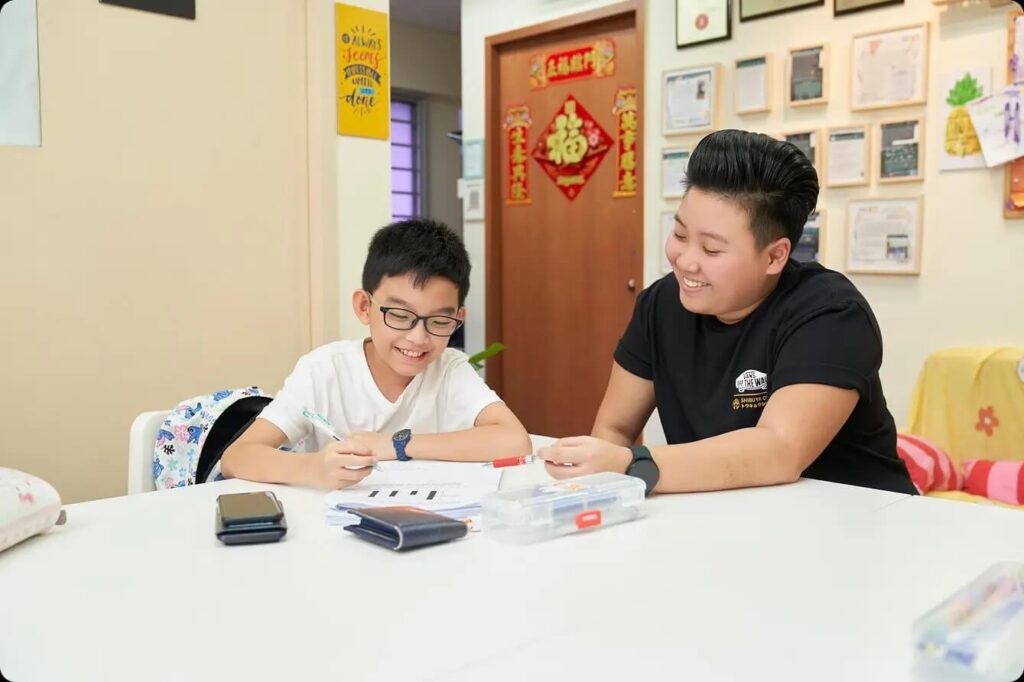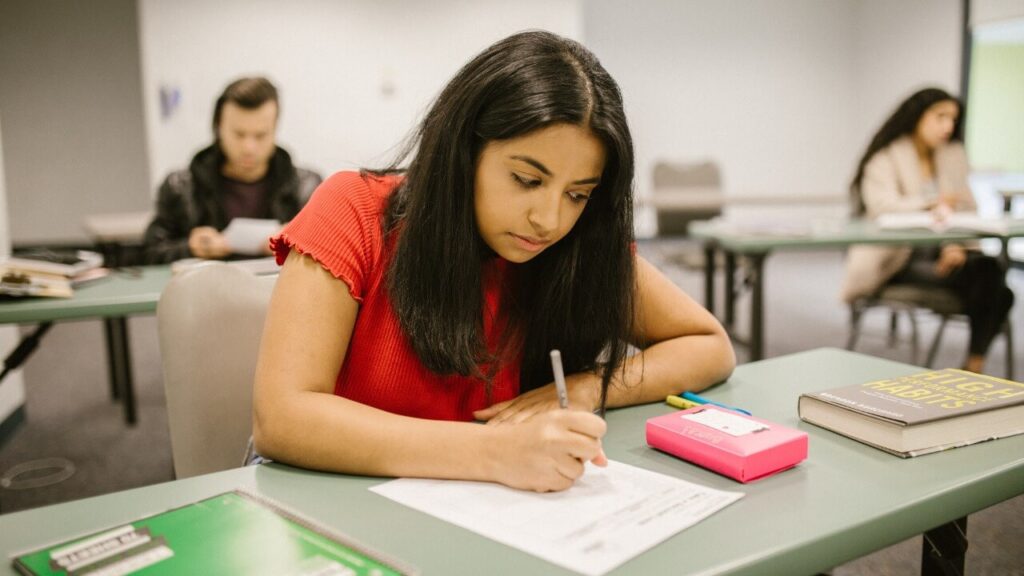Let’s face it: PSLE preparation can feel like training for a marathon with hurdles, pit stops, and surprise quizzes thrown in.
But here’s the good news: it doesn’t have to be overwhelming, confusing, or joyless — not for you, and definitely not for your child.
The Primary School Leaving Examination (PSLE) is one of the biggest milestones in a child’s academic life in Singapore.
With the right preparation process, this phase can actually become a journey of growth (yes, even with the occasional meltdown over fractions).
In this practical guide, we’ll walk you through actionable PSLE preparation tips that will help your child build confidence, master key concepts, and approach the big day with a smile.
Ready? Let’s dive in.
Know the PSLE Inside Out
Before you dive into schedules and practice papers, take a moment to really get what the PSLE is all about, because knowing what you’re preparing your child for makes the whole thing a lot less murky.
What is the PSLE?

The Primary School Leaving Examination PSLE is typically taken by Primary 6 students across Singapore.
It tests what your child has learnt over six years of primary education — not just in terms of facts, but how well he or she can apply those facts. The subjects covered are:
- English Language
- Mother Tongue Language
- Mathematics
- Science
The exam isn’t simply about rote learning! In fact, it’s a common mistake to treat it like one. The PSLE values critical thinking, logical reasoning, and problem-solving abilities.
Understanding the PSLE Scoring System
Many parents wonder: How is the PSLE scored these days?
Gone are the old aggregate scores. Since 2021, the PSLE uses the Achievement Level (AL) scoring system in which each subject gets an AL score from 1 (best) to 8 (weakest).
The four subjects’ scores are then added together, and you get your child’s total PSLE score.
This score decides which secondary school your child qualifies for:
- Express
- Normal (Academic)
- Normal (Technical)
For example, if your child is currently scoring AL4 in Science but aiming for AL3, you now know where to focus your efforts.
Understanding the scoring system helps you and your child set realistic, achievable goals while providing some much-needed clarity in the fog of PSLE myths and stress.
The 5 Pillars of Successful PSLE Preparation
1. Practice Papers: The MVPs of PSLE Prep

One of the most effective ways for your child to prepare for the PSLE is by getting hands-on with practice papers.
Think of them as training runs before the big race. They are essential for:
- Understanding question formats
- Learning to manage time
- Spotting tricky concepts that need more work
But here’s the key: consistency beats cramming every time. A steady approach helps build stamina, confidence, reinforce learning and reduce exam-day nerves.
Try this:
- Start slow: Sit with your child at first and go through questions together.
- Analyse mistakes: Remember, mistakes are learning opportunities for your child to learn from them and avoid repeating them.
- Simulate exam conditions: As the PSLE nears, time your child’s sessions in a quiet space.
2. Smart Time Management Strategies

If your child has ever said, “I don’t have time!” — you’re not alone.
Time management is one of the most underrated skills for your child to develop, but once they do?
It’s a complete game-changer for your child’s revision sessions while giving them an edge on the actual exam day.
Here’s how to cultivate it:
- Build a realistic study schedule: Involve your child in planning it as they’re more likely to follow something they helped create.
- Balance subjects: Don’t let your child focus only on their favourite subjects! Allocate time proportionately to each subject, giving extra attention to weaker areas.
- Break down big goals: Rather than “Finish Maths syllabus,” set mini-goals like “Revise fractions this week.”
- Use timers: Help your child build awareness of time, especially during practice sessions.
Oh, and don’t forget to leave space for downtime! After all, even superheroes need a break.
3. Creating a Positive Study Space

Your child’s study environment can make or break focus.
A clean, calm, and inviting study space = better attention and less frustration.
Here’s how to set up an optimal study zone:
- Designate a dedicated study area: It could be a corner of your child’s bedroom or a shared family study nook — but it should be consistent.
- Minimise distractions: This means no mobile phones, TV off, and younger siblings occupied (ideally).
- Equip the space: Pens, paper, highlighters, post-its, and reference materials — all within reach.
- Add personal touches. A favourite motivational quote, a colourful planner, or even a small plant can make the space feel inviting.
When your child feels comfortable and focused in his or her study zone, preparation feels less like a chore and more like an achievable goal.
4. Health and Well-being During Preparation

In the race to the PSLE finish line, one of the biggest mistakes parents and children make is neglecting well-being.
No amount of practice will help if your child is exhausted, stressed, or unwell.
Here’s how to support your child’s health throughout the preparation process:
- Prioritise sleep: Aim for (ideally) 9 to 11 hours a night for primary school kids.
- Encourage physical activity: A swim, a game of badminton, or even a brisk walk of 20 minutes can do wonders to refresh the mind and body.
- Promote a balanced diet: Fuel your child’s brain with healthy meals packed with fruits, vegetables, protein, and whole grains.
- Mental health: Check in often. If your child seems unusually irritable, withdrawn, or lethargic, it might be time for a breather.
Remember, you set the tone for your child. If you stay calm and encouraging, they’re more likely to feel safe and supported.
5. Building Exam Confidence

Confidence is a secret weapon in the PSLE.
It helps your child tackle tricky questions and bounce back from setbacks!
Ways to build your child’s confidence:
- Celebrate progress: Acknowledge milestones, even small ones. Completing a difficult practice paper? Celebrate it!
- Visualise success: Get your child to picture him or herself walking out of the exam feeling proud.
- Teach positive self-talk: Phrases like “I’ve worked hard”, “I can handle this”, or “I’ve prepared well” can counteract negative thoughts.
- Maintain perspective: Remind your child (and yourself) that yes, the PSLE is a big deal, but it’s not the sole determinant of future success. This mindset helps ease performance pressure.
Ultimately, your goal is for your child to walk into the exam hall feeling ready, calm, and capable.
Common Mistakes to Avoid

Even with the best intentions, certain pitfalls can trip up families during PSLE preparation. Here are some to watch for:
- Over-cramming: Trying to fit all the revision into the final few weeks is a recipe for stress and shallow learning.
- Ignoring weaker subjects: Don’t let your child avoid the tough ones. Confidence comes from facing them head-on.
- Neglecting mental health: Pushing your child too hard can backfire. A tired, stressed child learns far less effectively.
- Over-scheduling: Beware of an overloaded timetable. Your child needs downtime to recharge.
Avoiding these mistakes by following a steady, realistic plan is much better for your child than a rushed sprint toward the exam.
Preparing for the Big Day
The final weeks leading up to the PSLE are all about polishing skills and maintaining composure.
Quick checklist for the final month:
- Fine-tune exam strategies with practice papers
- Review weaker topics with targeted revision
- Conduct a few timed mock exams
- Encourage regular breaks and physical activity
- Gradually reduce study intensity the week before the exam
On the night before:
- Keep things calm and relaxed
- Ensure your child gets a good night’s sleep
- Pack the necessary exam materials in advance
On exam day:
- Provide a hearty breakfast
- Offer encouraging words (and a smile!)
- Remind your child to breathe, read questions carefully, and manage his or her time well
And Remember…
No parent has it all figured out, and no child is perfect.
But with steady guidance, patience, and a few laughs along the way, your child can feel proud of the journey they’ve taken!
If you’d like extra support through the PSLE journey, you’re not alone. Many parents turn to trusted partners like One Step Journey to provide structured, expert guidance.
Help Your Child Prepare for the PSLE with One Step Journey

At One Step Journey, we understand that your child is unique, so our approach to the PSLE preparation process is too. Here’s how we help:
- Personalised learning plans: We tailor study strategies to your child’s needs, whether he or she is aiming to solidify basics or master advanced concepts.
- Expert coaching: Our experienced educators break down complex topics clearly, helping your child gain a deeper understanding and confidence.
- Practice and feedback: Through structured practice papers and ongoing feedback, your child learns to avoid mistakes and improve exam techniques.
- Emotional support: We help parents and children manage the emotional side of preparation, building resilience and a positive mindset.
With the right tools, guidance, and planning, your child’s PSLE experience can be empowering, not anxiety-inducing.

